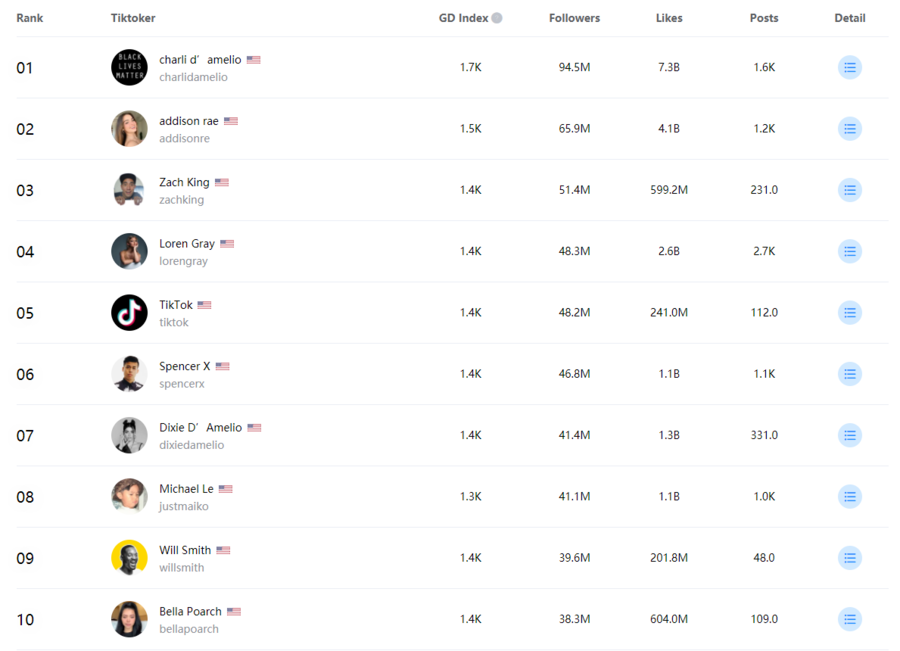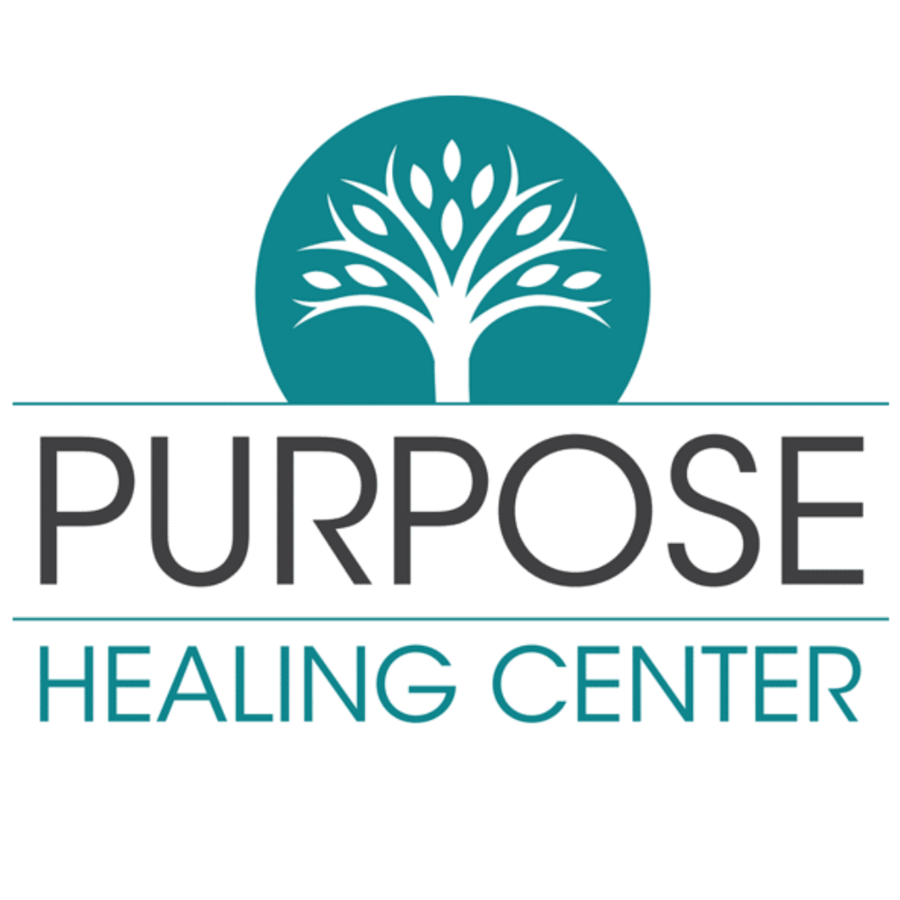“The Growing Psychological Crisis Must Not Be Ignored,” warns mental health specialist
NEWTOWN, CT, December 01, 2020 /24-7PressRelease/ — “How many Americans with severe depression, suicidal thoughts, and PTSD can be ignored before our mental health crisis is recognized as critical a need as medical care,” questions Sharon L. Cohen co-author of the 2020 book “Disaster Mental Health Community Planning.” Millions are already emotionally suffering from daily pandemic challenges and strengthening natural disasters. “Mental Health should no longer take a backseat role to medical care,” Cohen warns. “Both our country’s physical and emotional needs must be met. Yet this need is not on President-Elect Biden’s priority list.”
Cohen is a Newtown, Connecticut, resident who has been personally involved with the aftermath of the 2012 Sandy Hook Elementary School shooting and deaths of 26 children and teachers. She saw how the tragedy’s impact first started at the school and then had a long-lasting ripple effect throughout the entire community. Nearly eight years later, she explains, people of all backgrounds are still seeking counseling services for the first time. “They finally realized their trauma cannot be self-treated,” she explains. “As we’ve seen with our veterans, many debilitating mental health conditions will not go away without treatment. They will only become worse over the coming years.”
Cohen and her co-author Bob Schmidt, LPC of Sandy Hook, Connecticut, welcome Vice President Biden to his new role and are pleased to see that COVID-19 is a top priority. She stresses that the mind/body totality must be taken into account when healing this nation’s suffering. “With not only the pandemic, but also economic concerns, loss of jobs and homes, family issues, grieving, and even the growing number of natural disasters, it is imperative that mental health does not take its typical backseat role.”
As with any disaster, a large number of individuals will be resilient, only mildly depressed and feel better over time. However, about 20 percent of individuals, primarily from the most vulnerable populations, may suffer from acute stress and trauma. These include first responders, economically disadvantaged, elderly, children and previously mentally ill. COVID-19 is also having a disturbing impact on frontline workers, first responders, young adults, and pre-hospitalized coronavirus patients. The current vast rise in cases will significantly add to this distress.
The Center for Disease Control notes the following have occurred since March 2020:
• 41 percent of Americans have reported anxiety and depression –a three-fold increase.
• 26 percent have experienced trauma symptoms—many are health workers and first responders as well as most vulnerable populations (poor, elderly, children and mentally ill). This also includes 25 percent of recovered ICU patients.
• 13 percent have increased their level of substance abuse.
• 25 percent of 18-to 24-year old young adults seriously contemplated suicide; about 11 percent reported having seriously considered suicide.
• A significant rise in domestic abuse and divorce.
It is essential that communities, social service organizations, media and government to take steps such as the following:
1) Repeatedly state and display the warning signs of acute-stress, anxiety and trauma, as has been done with the “wash hands, wear masks, keep socially distant” mantra. On the media, commercials and PSAs, stress alert symptoms as sleeplessness, loss of appetite, emotional swings, and nightmares.
2) Encourage people to seek help from trauma-trained counselors when these warning signs appear. Emergency call-in lines and crisis counseling is only a first step; further help may be needed for long-term care.
3) Promote wellness activities such as yoga, deep breathing exercises, and meditation.
4) Educate parents on helping children and youth handle increased stress and worry.
5) Educate employees on mental health insurance coverage and EAP availability; offer onsite wellness activities; form discussion groups to express personal concerns.
6) Provide webinars and podcasts on psychological trauma at high-risk employee sites such as medical centers. Regularly review the psychological status of frontline workers.
7) Reach out to the most vulnerable community populations and insure availability of telecounseling and onsite services.
8) Highlight the importance of seeking help for substance abuse increase.
9) Stress the critical need of reporting domestic violence.
10) Offer a variety of ways to obtain support with grieving.
11) Emphasize that no one should feel stigmatized: COVID-19 is impacting everyone.
The book “Disaster Mental Health Community Planning” provides a detailed road map on how community members can collaborate and develop a mental health preparedness plan to address immediate and long-term care psychological needs. Also covered are disaster types, new PTSD treatments and their impact on the brain, nationwide case studies, resilience, addressing needs of vulnerable populations and the latest research.
“Yes, let’s continue our mantra of ‘wear masks, wash hands and socially separate,’ and win this COVID-19 war. But, let’s also continually reinforce trauma warning signs,” concludes Cohen.
More information on “Disaster Mental Health Community Planning: A Manual for Trauma-Informed Collaboration,” Routledge, is found on www.disastermentalhealthplan.com.
Sharon L. Cohen is a communication specialist, author and mental health advocate who has been very much involved with disaster psychology, especially since the 2012 Sandy Hook Elementary School shooting in her home town. She recognizes the inequality that not only exists between medical and psychological care but also of specific at-risk populations that carry the brunt of any human-caused or natural disaster. Her and LPC Bob Schmidt’s book “Disaster Mental Heath Community Planning,” encourages communities to assess and meet the pre- and post-catastrophic needs of these vulnerable individuals. Cohen also provides specialized webinars on topics of interest.
—
For the original version of this press release, please visit 24-7PressRelease.com here




![[PangyoTechnovalley] Strig released Strig M-1 Pro, a Personal Fascia Massager for Relaxation](https://www.24-7pressrelease.com/attachments/047/press_release_distribution_0477622_158896.jpg)